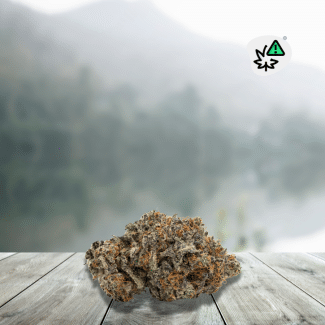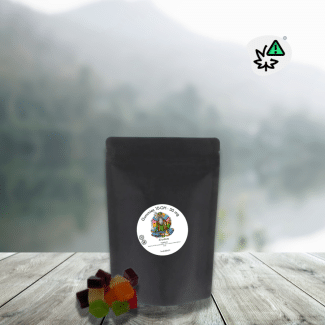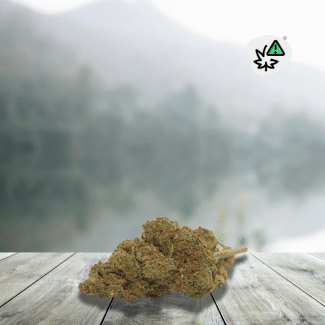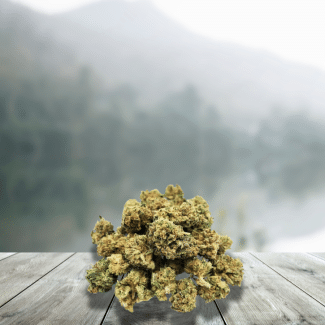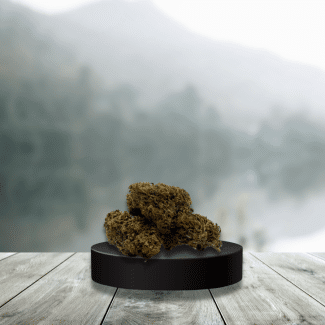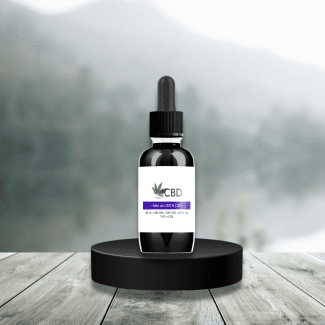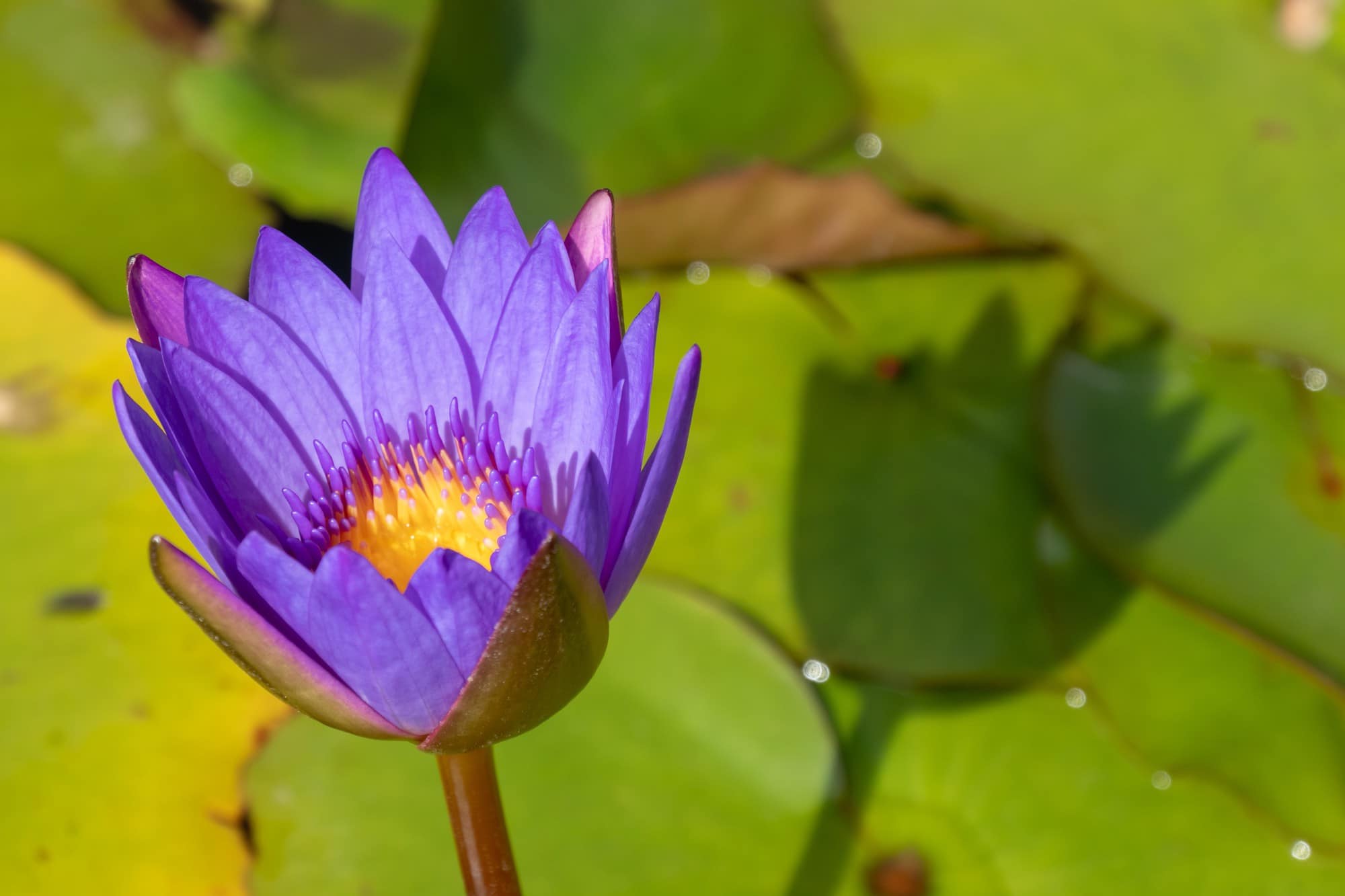
The Blue Lotus: The Mystical Plant of the Ancient Egyptians That Still Fascinates Today
What is the Blue Lotus?
The blue lotus (scientific name: Nymphaea caerulea ) is a rare and fascinating aquatic plant native to the shallow, muddy waters of the Nile River in Egypt. Also known as the blue water lily , flower of intuition , or sacred lily of the Nile , the blue lotus was revered by the ancient Egyptians for its beauty, medicinal properties, and unique psychoactive effects.
In ancient Egypt, the blue lotus played a central role in religious rituals and spiritual ceremonies. Considered a sacred plant, it symbolized rebirth , fertility and divine connection . Its deep blue petals and captivating aromas made it a prized plant, both for spiritual and therapeutic uses.
Spiritual Effects of the Blue Lotus: Heritage from Ancient Egypt
The ancient Egyptians associated the blue lotus with mystical experiences. Its scent and consumption was believed to induce states of ecstasy, promote meditation, and open a portal to the afterlife. Used frequently at funerals, the blue lotus accompanied the deceased on their spiritual journey, facilitating spiritual rebirth and connection to deities .
This plant was also prized for its therapeutic virtues. Egyptian doctors used it as a remedy for insomnia , pain and even to detoxify the body. Blue lotus extracts were often included in medicinal elixirs and were used to calm the mind and body.
A symbol of fertility and sexual vitality , the blue lotus is omnipresent in Egyptian frescoes illustrating scenes of love and pleasure. Mixed with wine, it was used at elite banquets to stimulate the senses and awaken sensuality.
Traces of the blue lotus were even discovered in the tomb of Tutankhamun, testifying to its importance in Egyptian culture. It is also mentioned in the Book of the Dead , a major sacred text of this civilization.
The Benefits and Effects of the Blue Lotus
The blue lotus is renowned for its relaxing, meditative and aphrodisiac effects. Here are the main benefits associated with this plant:
Natural Relaxant
Blue lotus acts as a natural sedative , providing a feeling of well-being and promoting relaxation. Thanks to its euphoric properties, it can help reduce stress, improve sleep quality and promote falling asleep faster. Deep sleep phases would also be prolonged.
Help with Meditation
Many consumers report that blue lotus enhances their meditation experience by facilitating access to deeper states of consciousness. Some even report lucid dreams, where they can influence and control their dreams. This ability to “open the third eye” makes the blue lotus a prized plant for spiritual growth .
Powerful Aphrodisiac
Traditionally used to increase libido and deepen intimacy, blue lotus promotes a more intense emotional and physical connection between partners. Its relaxing effects help reduce inhibitions, creating an environment conducive to bonding.
Antioxidant Properties
Blue lotus is rich in antioxidants such as flavonoids, quercetin and kaempferol. These compounds help neutralize free radicals, thereby reducing the risk of oxidative stress, a key factor in chronic diseases such as heart disease, diabetes or certain cancers.
Psychoactive Effects
The two main compounds of blue lotus are:
- Apomorphine : a dopamine agonist that provides feelings of euphoria and potentially improves muscle control, useful for conditions like Parkinson's disease.
- Nuciferine : an alkaloid with calming and antipsychotic properties. It is also linked to improved erectile function disorders and potential aid in weight loss.
Precautions and Side Effects
Although generally considered safe, blue lotus may cause side effects in some people, including:
- Dizziness
- Dry mouth
- Nausea
- Drowsiness
- Confusion
It is therefore recommended to consult a healthcare professional before use.
Methods of Use: Infusions, Dried Flowers and Extracts
Due to its strict legislation, blue lotus is not recognized as a food or dietary supplement in the European Union. collection purposes , but its available forms remain varied:
- Dried Flowers : Ideal for botanical enthusiasts or collectors, they retain their unique visual vibrancy.
- Infusion Blends : Although not approved for consumption, these blends are valued for their subtle flavors.
- Prerolls : Dried blue lotus flowers are sometimes presented in roll form, similar to cigarettes.
- Essential oils and extracts : Offering a captivating olfactory experience, these products enrich the collections with their exotic fragrance.
The Blue Lotus Today
The blue lotus still fascinates as much as it captivated the ancient Egyptians. Its rich history and unique properties make it a timeless symbol of spirituality , renewal and well-being . Although it is not permitted for medicinal or recreational purposes in Europe, it remains an object of interest to collectors and history buffs.
For those interested in similar plants, the effects of blue lotus are reminiscent of CBD or kratom , two other products popular for their relaxing and therapeutic benefits.
